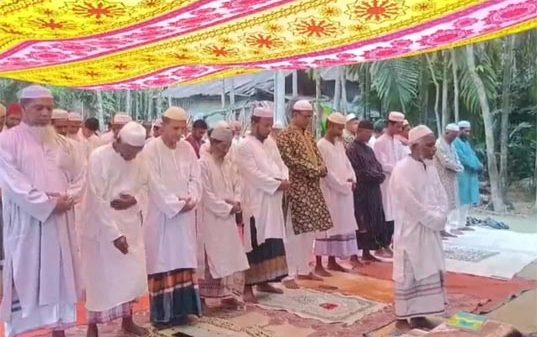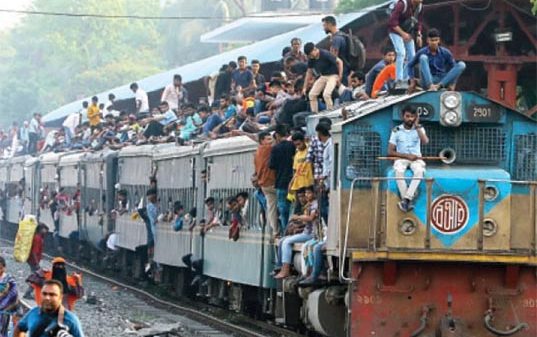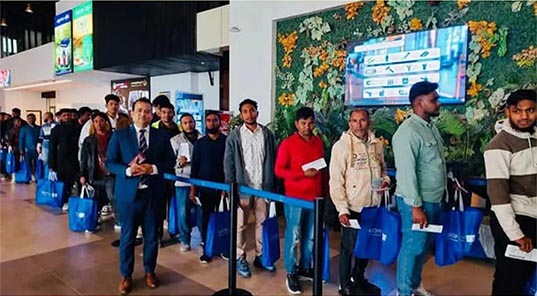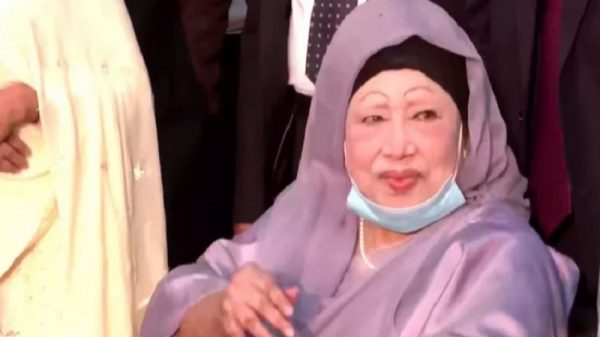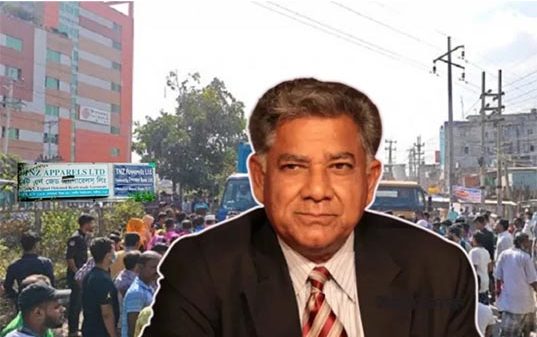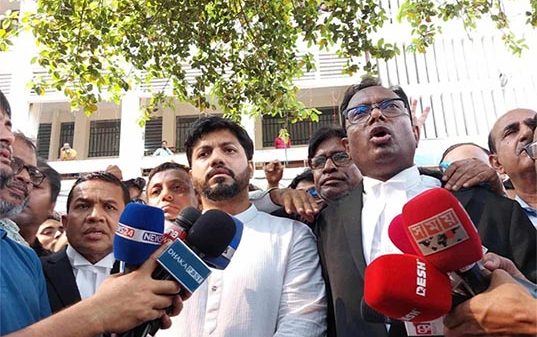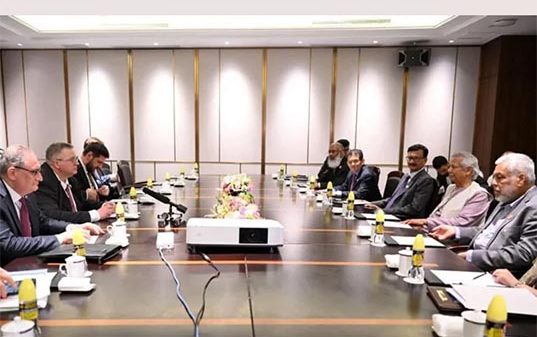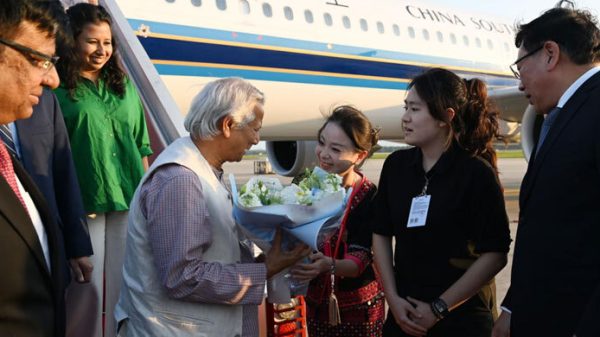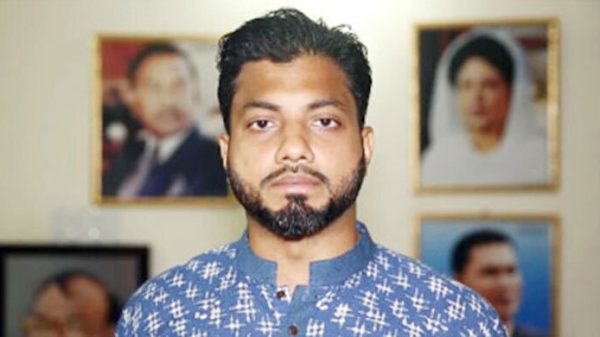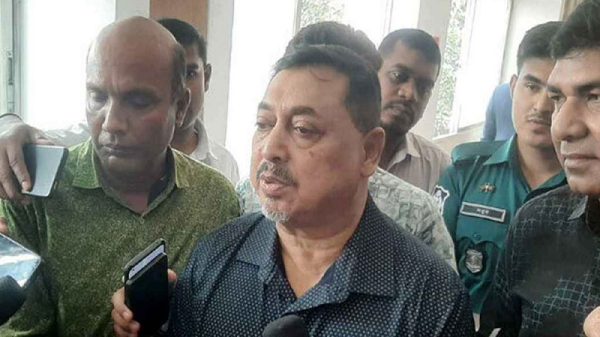Rizwana for regional collaboration to tackle cross-border air pollution

- Update Time : Thursday, 27 March, 2025, 03:13 pm
- 12 Time View
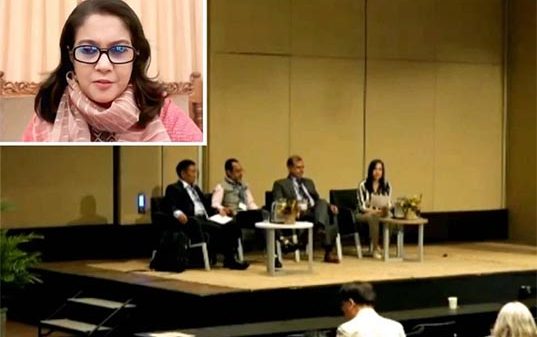
Online Desk : Environment Advisor Syeda Rizwana Hasan underscored the need for a regional approach, as 35 percent of Bangladesh’s air pollution originates from neighbouring countries. “If our neighbours are suffering from poor air quality, it is in their best interest to act. We must move beyond political discussions to real commitments and regional action.” She referenced initiatives like the Kathmandu Roadmap and agreements among South Asian countries but stressed that stronger cooperation is necessary. Rizwana Hasan said this while addressing the World Bank South Asia Side Event of the WHO Second Global Conference on Air Pollution and Health held in Cartagena of Colombia on Thursday, said a media release. She spoke joining virtually from his residence in Dhaka and highlighted the urgency of tackling air pollution in Bangladesh, particularly in Dhaka. The advisor emphasized that air pollution in Bangladesh is multifaceted, with 30 to 35 percent of pollutants originating from neighbouring countries. To combat this, Bangladesh has taken significant steps, including finalizing the Air Quality Management Rules, which align with WHO’s interim targets. These legally binding regulations set emission standards for key polluting sectors and provide a framework for pollution control, addressing both indoor and outdoor air pollution.
“Although our Air Quality Management Plan was completed last year, its implementation was delayed due to political turmoil. Now that stability has returned, we are actively enforcing the plan. This plan aims to reduce exposure to harmful pollutants and increase the number of good and moderate air quality days. A well-defined coordination mechanism ensures that multiple public and private stakeholders are engaged in air quality management,” she said. Rizwana also announced that the government, with World Bank support, is finalizing the Bangladesh Clean Air Project, which is expected to receive approval soon. This initiative will strengthen regulations, enhance enforcement, expand emission monitoring in key industries, and modernize the public transportation system by introducing electric buses and establishing more vehicle inspection centres.
Enforcement remains a priority, with new measures such as designating Brick kiln-free zones around Dhaka, where burning bricks will be banned. Additionally, from May 2025, old buses will be phased out under a joint initiative of the Ministry of Environment and the Bangladesh Road Transport Authority. She stressed the need to promote alternative construction materials as burnt bricks are eliminated. Addressing dust pollution, which significantly impacts air quality, she highlighted plans to green uncovered roads in Dhaka and mobilize more workers for road cleaning. Recent crackdowns on illegal brick kilns have shown measurable improvements in air quality, but she warned that sustained progress requires stricter enforcement and modernization of key sectors. Expressing deep personal commitment to tackling air pollution, she noted that it causes huge deaths annually in Bangladesh, with life expectancy in heavily polluted cities like Dhaka reduced by five to seven years.
“This is a crisis that affects us all—our children, parents, and communities. The cost of inaction far outweighs the cost of action,” she asserted. “I choose optimism because I refuse to accept that we cannot solve this. Technologies and solutions exist—what we need is commitment. Air pollution is not just an environmental issue; it is a humanitarian crisis.” Ministers of health, environment, and energy from South Asia, officials from national, intergovernmental, and development agencies; health professionals; mayors and local authorities; planners; representatives from sectors like energy, transport, industry, waste, and land-use; as well as delegates from research, academia, and civil society were present in the occasion. They pledged to collaborate in curbing air pollution in South Asia.

